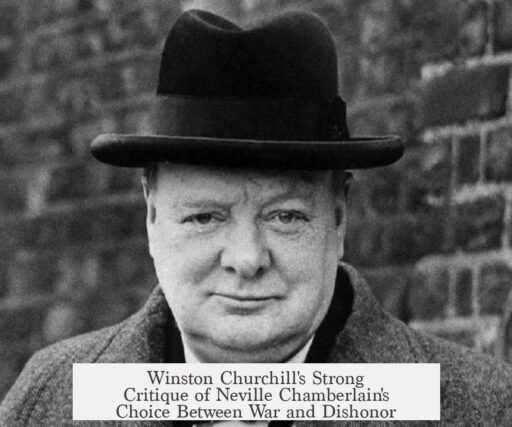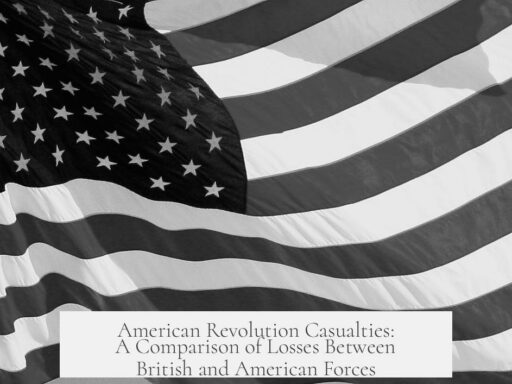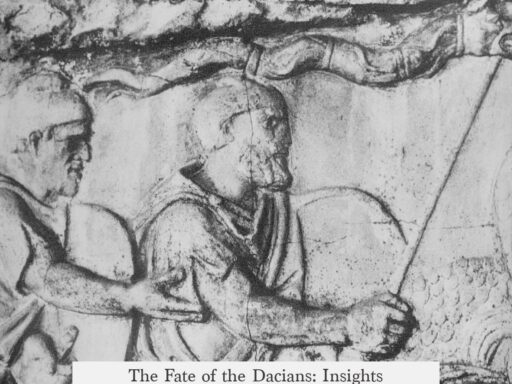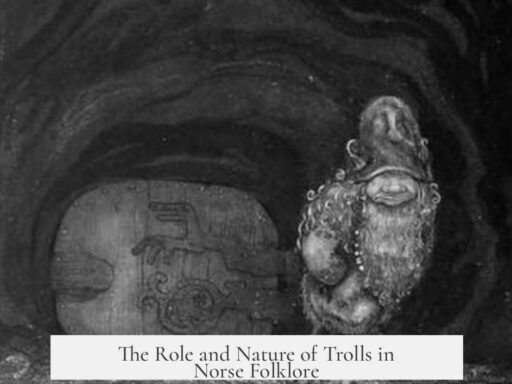The quote attributed to Winston Churchill saying, “You were given the choice between war and dishonor. You chose dishonor, and you will have war,” was never actually spoken by him to Neville Chamberlain. This statement is a common misattribution linked to Churchill’s criticism of Chamberlain’s policy of appeasement before World War II.
While the exact words were not uttered by Churchill, he made similar remarks around the time of the Munich Agreement in 1938. This agreement allowed Nazi Germany to annex the Sudetenland from Czechoslovakia, a move that Chamberlain claimed would preserve “peace for our time.” Churchill strongly opposed this policy and warned that it was a grave mistake.
Churchill expressed sentiments close to this quote on two documented occasions:
- To David Lloyd George on August 13, 1938, he said: “I think we shall have to choose in the next few weeks between war and shame, and I have very little doubt what the decision will be.”
- To Lord Moyne on September 11, 1938, he remarked: “We seem to be very near the bleak choice between War and Shame. My feeling is that we shall choose Shame, and then have War thrown in a little later on even more adverse terms than at present.”
These comments reflect Churchill’s early and outspoken criticism of Chamberlain’s appeasement strategy. He believed the policy sacrificed honor and security in an attempt to avoid conflict, but would ultimately lead to war under worse conditions.
The most significant context for this criticism was Churchill’s speech in the House of Commons on October 5, 1938. This speech occurred during the debate on the Munich Agreement, just days after Chamberlain returned from negotiating with Adolf Hitler.
In this address, Churchill did not use the exact wording of the famous quote but conveyed the same message powerfully:
- He declared that “we have sustained a total and unmitigated defeat” by conceding to Hitler’s demands.
- Churchill condemned the concessions, noting that once the first demand was met under threat of violence, more demands followed until the final settlement was just a shadow of full aggression enforced by intimidation.
- He lamented the abandonment of Czechoslovakia, a loyal member of the League of Nations, that had suffered greatly as a result of Western democracies’ failures.
- He warned that the Munich Agreement marked only “the beginning of the reckoning” and urged Britain to regain moral strength and readiness to confront future threats.
Churchill stood almost alone in opposition to the Munich Agreement, with most parliamentarians voting in its favor by 366 to 144. His position costs him political support, illustrated by the pressure he faced to be deselected as the Conservative candidate for his Epping constituency.
The consequences of Chamberlain’s appeasement policy, which Churchill predicted, proved significant:
- By conceding the Sudetenland, Britain and France lost strategic alliances in Central and Eastern Europe, weakening their position.
- The Czech Army’s border fortifications were handed over to Germany, crippling Czechoslovakia’s defenses.
- Germany gained access to a major arms industry, acquiring hundreds of aircraft, tanks, and thousands of guns, strengthening its military capabilities.
- The temporary peace achieved by the Munich Agreement lasted less than a year, as war broke out in September 1939 under harsher terms and conditions.
This context illustrates why Churchill’s statements, including the often quoted but misattributed one, strongly resonated as a condemnation of appeasement. His warnings about the choice between shame and war reflected his belief that surrendering honor would not prevent conflict but only worsen it.
To summarize the key points:
- The specific quote attributed to Churchill was never said to Chamberlain and is a misattribution.
- Churchill made similar warnings about choosing between war and shame in August and September 1938.
- His October 5, 1938 speech strongly criticized the Munich Agreement and foreshadowed future conflict.
- Appeasement led to weakened allied defenses and benefited Nazi Germany militarily.
- Churchill’s warnings proved accurate as war followed within a year, under worse terms than before.
Winston Churchill Lambasted Neville Chamberlain: What’s the Real Story Behind That Famous Quote?
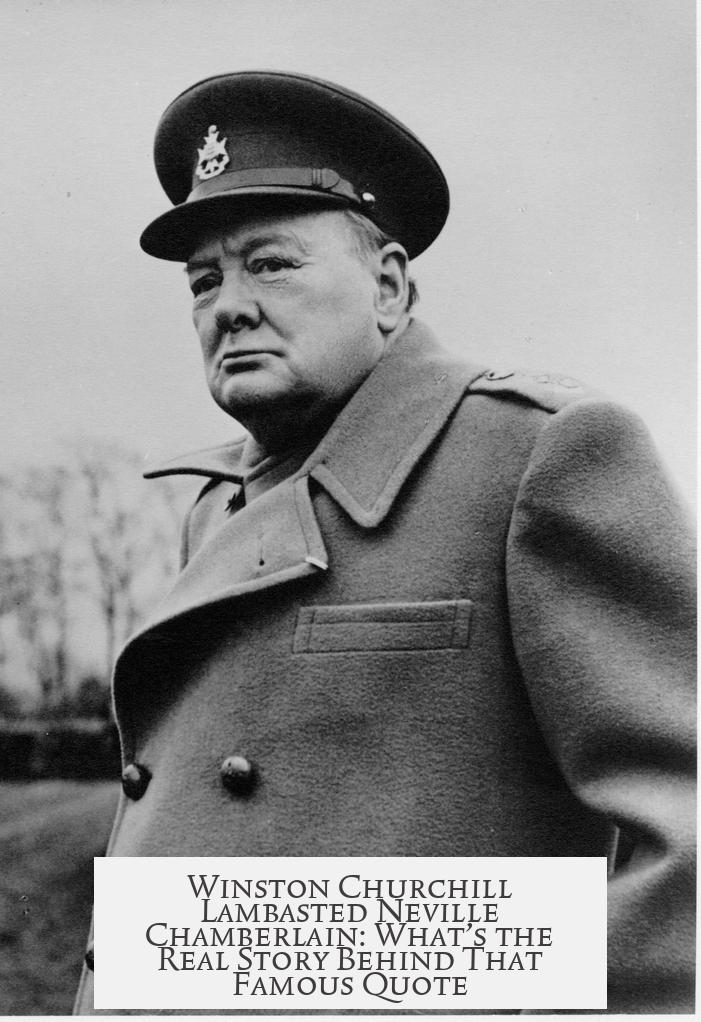
“You were given the choice between war and dishonor. You chose dishonor, and you will have war.” This harsh judgment supposedly flung by Winston Churchill at Neville Chamberlain sounds like a perfect one-liner for history buffs and political enthusiasts. But hold on—did Churchill really say it? Spoiler alert: No, he did not. Yet, this quote perfectly captures the intense political drama around the Munich Agreement of 1938. Let’s dive into the context, the real speeches, and why this phrase, though never uttered by Churchill to Chamberlain, perfectly encapsulates that moment.
The Quote That Never Was
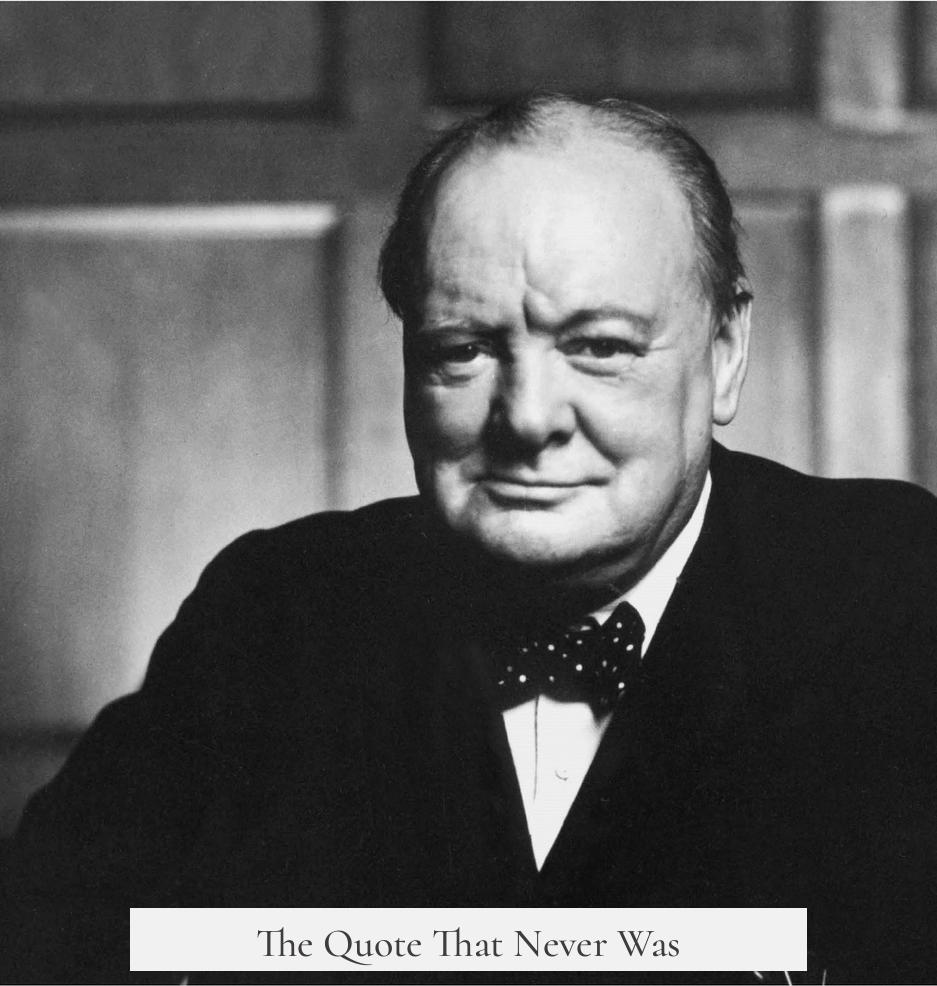
It’s quite common to find powerful, cutting quotes attributed to Churchill. He had a knack for biting commentary and colorful language, but historians have dug up no evidence he actually said this phrase directly to Chamberlain. It seems a mix-up born from the tension between the two leaders and Churchill’s sharp disapproval of Chamberlain’s appeasement policy.
So, what exactly did Churchill say? Nothing that matches that quote word for word. Instead, what we have are statements that are strikingly similar in sentiment, coming before and after the Munich Conference talks.
Almost the Same Thing, Just Not To Chamberlain
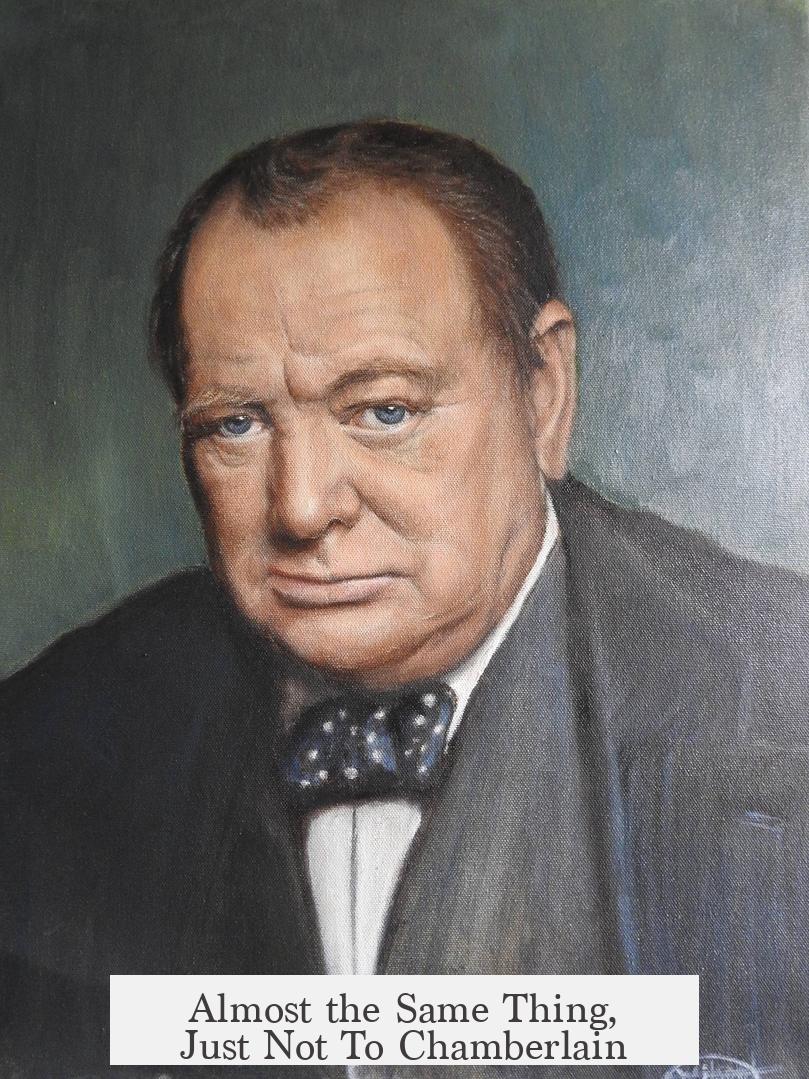
Churchill’s real frustrations show up in two notable statements close to the Munich Agreement:
- To David Lloyd George, August 13, 1938: “I think we shall have to choose in the next few weeks between war and shame, and I have very little doubt what the decision will be.”
- To Lord Moyne, September 11, 1938: “We seem to be very near the bleak choice between War and Shame. My feeling is that we shall choose Shame, and then have War thrown in a little later on even more adverse terms than at present.”
Notice that Churchill uses the stark phrase “War and Shame,” predicting doom if appeasement went ahead. But these were private comments or addressed to others, not direct shouts at Chamberlain.
The House of Commons Speech: Where Churchill Really Let Loose
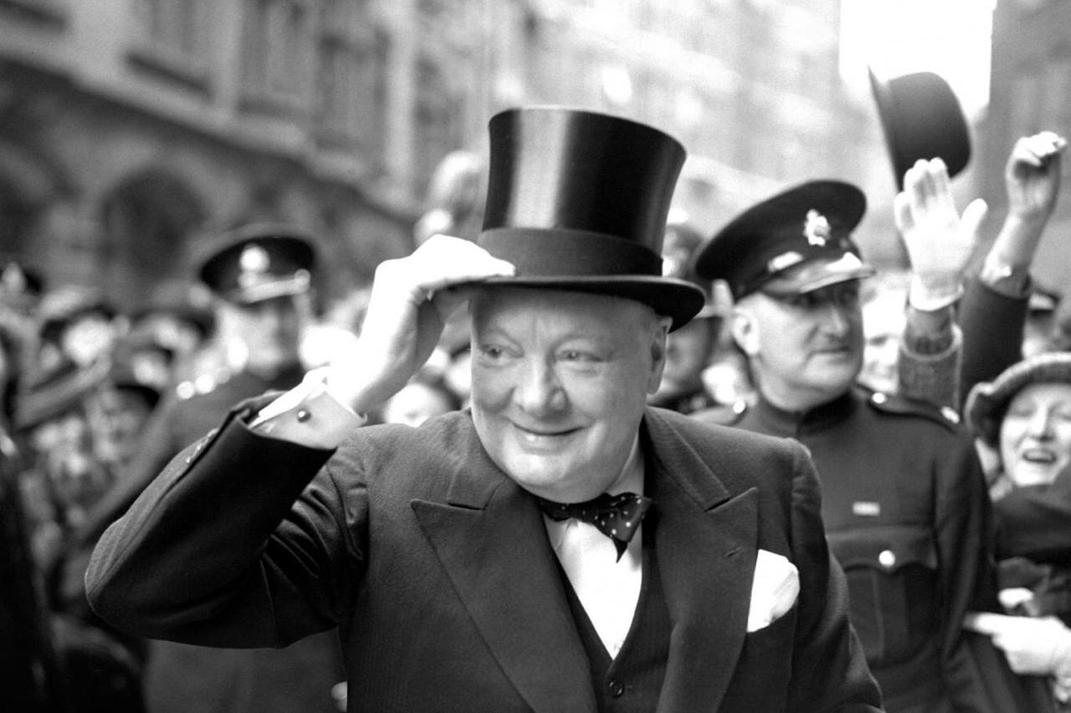
When Chamberlain proudly returned from Munich on September 30, 1938, waving his peace agreement like a trophy, he declared “peace for our time.” The House of Commons spent four days debating the Munich Agreement. Churchill took center stage on the third day, October 5. He didn’t say “You chose dishonor,” but the spirit of his speech was just as blunt and disturbing.
Despite being sidelined politically for nine years, Churchill boldly challenged the growing mood of appeasement. Even as Parliament was overwhelmingly supportive (366 votes in favor, 144 against), Churchill and a small group stood firm in opposition or abstention.
His speech hammering the Munich Agreement is eloquent and somber:
- He described the situation as a “total and unmitigated defeat” for Britain and an even worse blow to France.
- The metaphor of money under a pistol summed it up: the demands started at £1, then £2, and finally Hitler begrudgingly took £1 17s. 6d.—a meager concession with empty promises for the future.
- He mourned the loss of Czechoslovakia, which had loyally served the Western democracies, but was now abandoned to Nazi Germany.
- More chillingly, he warned that this was only the start of a “bitter cup” the world would be forced to drink year after year unless Britain found renewed courage and fought for freedom.
It’s clear: Churchill foresaw dishonor being chosen and war coming anyway. Many disagreed, but history proved him right.
The Ripple Effects of the Munich Agreement

Why was this moment so pivotal? The consequences of appeasing Hitler at Munich were profound and damaging.
- Weakened Allied Position: The alliance system in Central and Eastern Europe, including the Little Entente of Czechoslovakia, Romania, and Yugoslavia, crumbled. This meant Britain and France faced Germany and its allies without important strategic buffers.
- Lost Czech Military Strength: The Czech Army of 1.5 million men lost critical border fortifications when the Sudetenland was handed over to Hitler, making it nearly impossible to defend against German aggression that came next.
- German Gain of Armaments: Far from delaying war, the Munich Agreement handed Germany the entire Czech armaments industry—750 aircraft, 600 tanks, and 2,000 guns. These weapons later played roles against Poland and France during the early years of World War II.
Instead of buying peace and time, Chamberlain’s approach arguably rushed Britain and France into a weaker, more dangerous conflict.
Churchill’s Moral and Political Stand
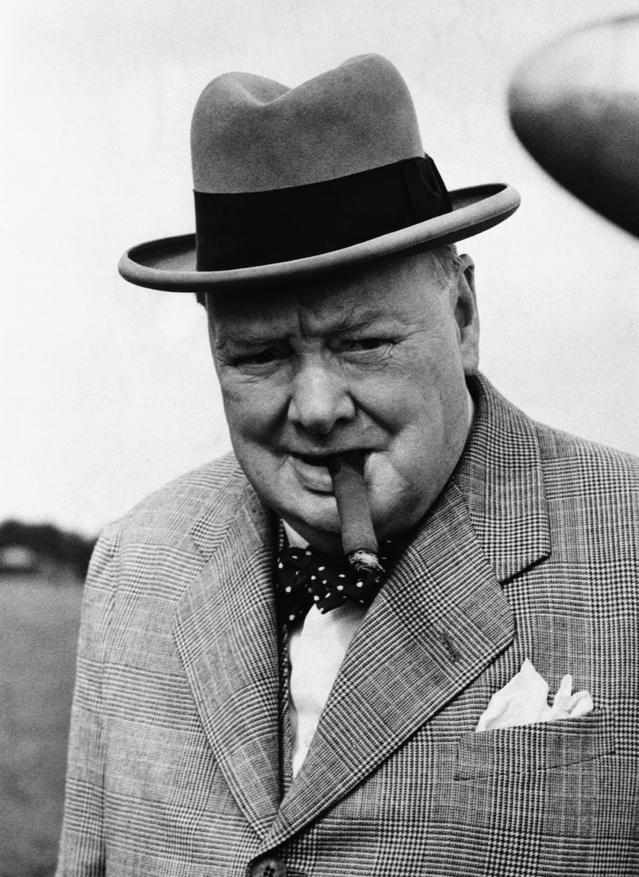
Churchill’s opposition to Chamberlain was not just political posturing. It was rooted in a profound belief in honour, readiness, and standing firm against tyranny. His warnings about “dishonour” and the inevitable war were made without the benefit of hindsight. He saw the signs clearly when many others chose blindness or hope for peace at any price.
Yet, Churchill’s stance came with a political cost. He risked being ousted from his own Conservative Party as the appetite for appeasement was strong. Supporters of Chamberlain, including notable figures and even some who admired Hitler, outnumbered him in Parliament for now.
But history remembers Churchill as the voice insisting on strength and courage, refusing to accept a peace bought by miscalculation and concession.
So, Why Does This Misquote Still Matter?
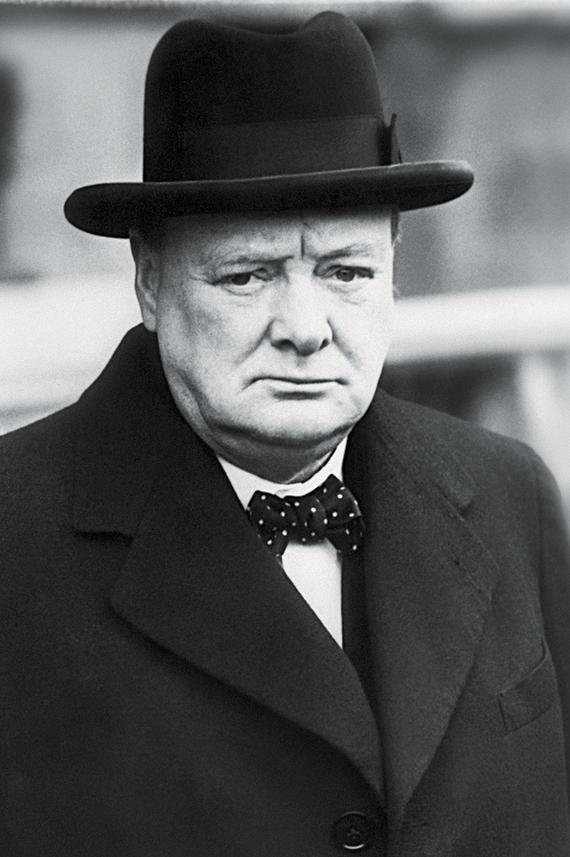
This quote—“You were given the choice between war and dishonor…”—resonates because it captures a universal truth about leadership under pressure and the risks of compromising with aggressors. It has become shorthand for the Munich Agreement’s lesson: appeasement only invites further aggression, not lasting peace.
Even though Churchill never said these exact words directly to Chamberlain, the phrase embodies his message and historical reality. It challenges us to consider: When faced with difficult choices, what do we prioritize—short-term peace or long-term security and integrity?
Lessons and Reflections
This episode reminds leaders and citizens that the cost of dishonor can be far greater than immediate conflict. It teaches us to weigh decisions carefully, question false peace, and prepare wisely. Churchill’s speeches, contrasting with Chamberlain’s policies, reveal the complexity of diplomacy—and the high stakes behind every political move.
So next time you hear that impactful Churchill quote, remember it’s more than just words. It’s a symbol of conviction, warning, and the courage to stand firm—even when the room is filled with doubts and cheers for the opposite.
What choices are leaders making today that echo this moment from history? Are we leaning toward appeasement again, or ready to face challenges head-on with clear eyes and brave hearts?
In the end, Churchill’s real message cuts through the noise: choosing dishonor doesn’t stop war. It brings war, often under worse terms. The Munich Agreement and its aftermath remain a powerful lesson for all history lovers and policy makers alike.
